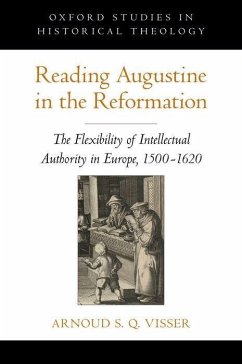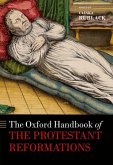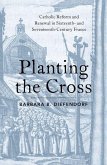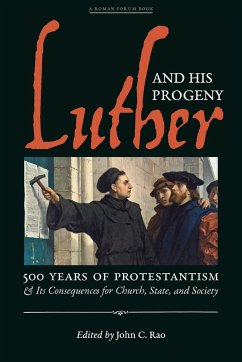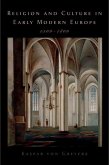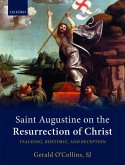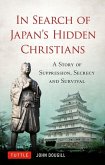Augustine of Hippo (354-430 AD) was regarded by sixteenth century Europe as one of the most contested religious and philosophical authorities. He was cast as a characteristically Lutheran, Catholic, or Calvinist thinker, and even as the ideal Erasmian pastor. These wildly contrasting receptions raise crucial questions about the significance of Augustine's thought in the Reformation period. They also show the complex relationship between religious change and the new intellectual culture of Renaissance humanism. Drawing on a variety of printed and manuscript sources, Arnoud Visser breaks new ground in three ways. He systematically grounds Augustine's theological reception in the history of reading and the material culture of books and manuscripts. He does not confine his examination to particular confessional parties or specific geographic boundaries, but offers a cross-confessional account of Augustine's appropriation in early modern Europe. Finally, he provides crucial insight into the nature of intellectual authority in the early modern period. Central in this study are the production, circulation and consumption of Augustine's works. Visser examines the impact of the new art of print, the rise of humanist scholarship, and the emerging confessional divisions on Augustine's reception. He shows how editors navigated a wealth of patristic information by using search tools and anthologies. He also explains how individual readers used their copies and how they applied their knowledge in public debates alongside other media of communication. Reading Augustine in the Reformation argues that the emerging confessional pressures did not restrict intellectual life, as has often been claimed, but promoted new scholarship.
Hinweis: Dieser Artikel kann nur an eine deutsche Lieferadresse ausgeliefert werden.
Hinweis: Dieser Artikel kann nur an eine deutsche Lieferadresse ausgeliefert werden.

